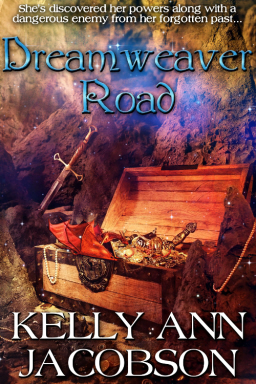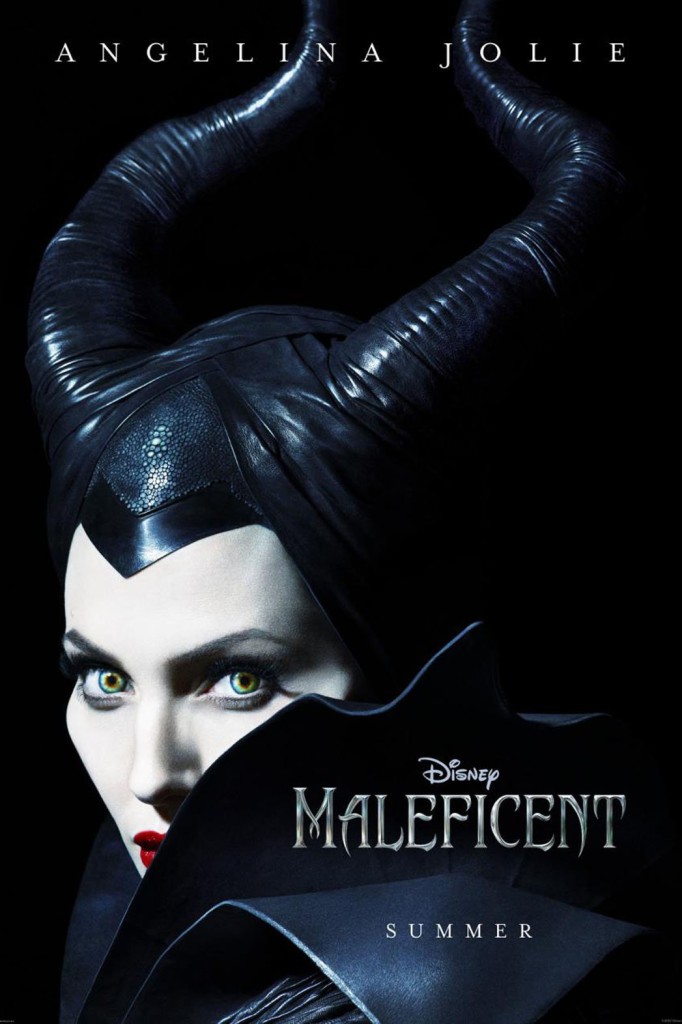A Monster Index for Shub-Niggurath, Cthuhlu or Azathoth: A Review of Lovecraft’s Monsters
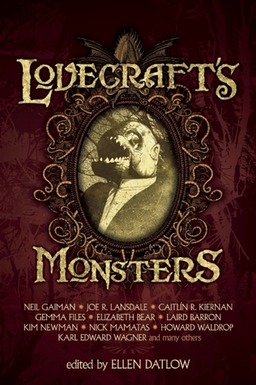 I love H. P. Lovecraft. Moreover, I think he is the foremost horror and weird writer of all time! I’m not going to attempt to defend that claim here other than to say that I personally love his writing style (purple prose and all), his creatures, his gods, his mood setting — all of it! Thus, as I’ve said in another review, I’m pretty much a sucker for any book advertised or alluded to as “Lovecraftian.” It should be no shock then that I bought the recent anthology Lovecraft’s Monsters.
I love H. P. Lovecraft. Moreover, I think he is the foremost horror and weird writer of all time! I’m not going to attempt to defend that claim here other than to say that I personally love his writing style (purple prose and all), his creatures, his gods, his mood setting — all of it! Thus, as I’ve said in another review, I’m pretty much a sucker for any book advertised or alluded to as “Lovecraftian.” It should be no shock then that I bought the recent anthology Lovecraft’s Monsters.
This book is edited by the multiple award-winner SF&F editor Ellen Datlow. Datlow typically compiles her anthologies around certain themes. The title Lovecraft’s Monsters should thus be fairly self-explanatory. But in detail, each story in this volume contains a monster that is from, similar to, or inspired by one of H.P. Lovecraft’s horror stories.
New to Lovecraft and his monsters, you say? Ever wonder who Shub-Niggurath, Cthuhlu, or Azathoth are? Ever curious as to what shoggoths, “deep ones,” or the Hounds of Tindalos are? Wonder no longer! There is a helpful “Monster Index” compiled in Lovecraft’s Monsters, by Rachel Fagundes, that introduces all such beasties. Besides identifying which stories within Loveccraft’s Monsters contain these creatures, the index also points to where they are first found in Lovecraft’s original stories.
I should also point out that this is a very attractive book with creepy illustrations throughout provided by John Coulthart. In fact, there is one illustration for each story and poem (Gemma Files provides two poems here). Coulthart’s work provides the cover illustration as well. These are nice little extras not usually offered in anthologies.
But of course no anthology is worthwhile without some good stories. And thankfully Lovecraft’s Monsters does not disappoint. There are some very well-known authors here, including Neil Gaiman, Joe Lansdale, Caitlín Kiernan, Elizabeth Bear, and Laird Barron. Most of the stories are reprints, including some older works such as Karl Edward Wagner’s. But with the exception of one story, I had never read any of these tales before.
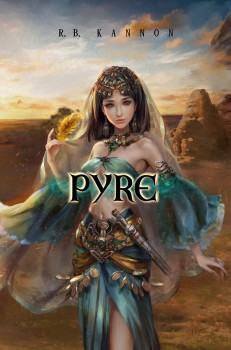
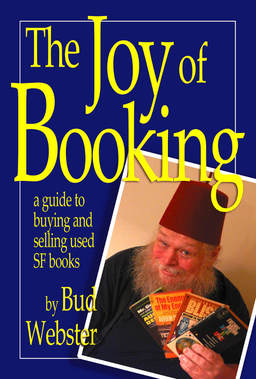
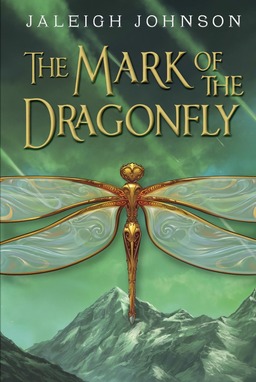
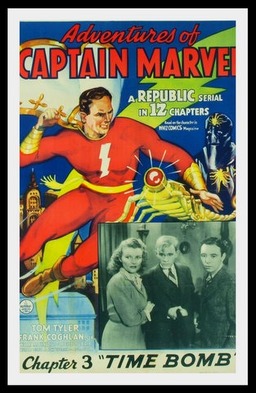
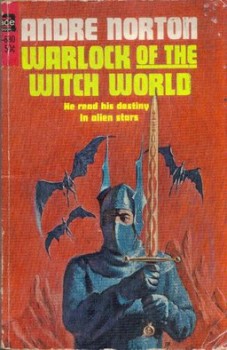
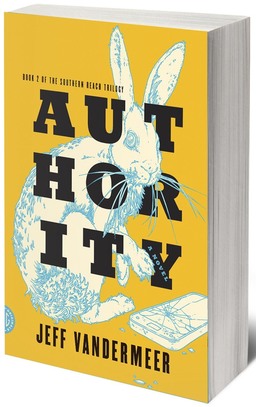
 One of the interesting things about going back to the beginning of any tradition is seeing how things might have gone. Seeing, that is, possibilities unexplored and roads not taken. Sometimes you catch a glimpse of what, in retrospect, is an earlier stage of evolution. Sometimes there’s a sense of a missed chance. And then sometimes you can see why things went the way they did.
One of the interesting things about going back to the beginning of any tradition is seeing how things might have gone. Seeing, that is, possibilities unexplored and roads not taken. Sometimes you catch a glimpse of what, in retrospect, is an earlier stage of evolution. Sometimes there’s a sense of a missed chance. And then sometimes you can see why things went the way they did.